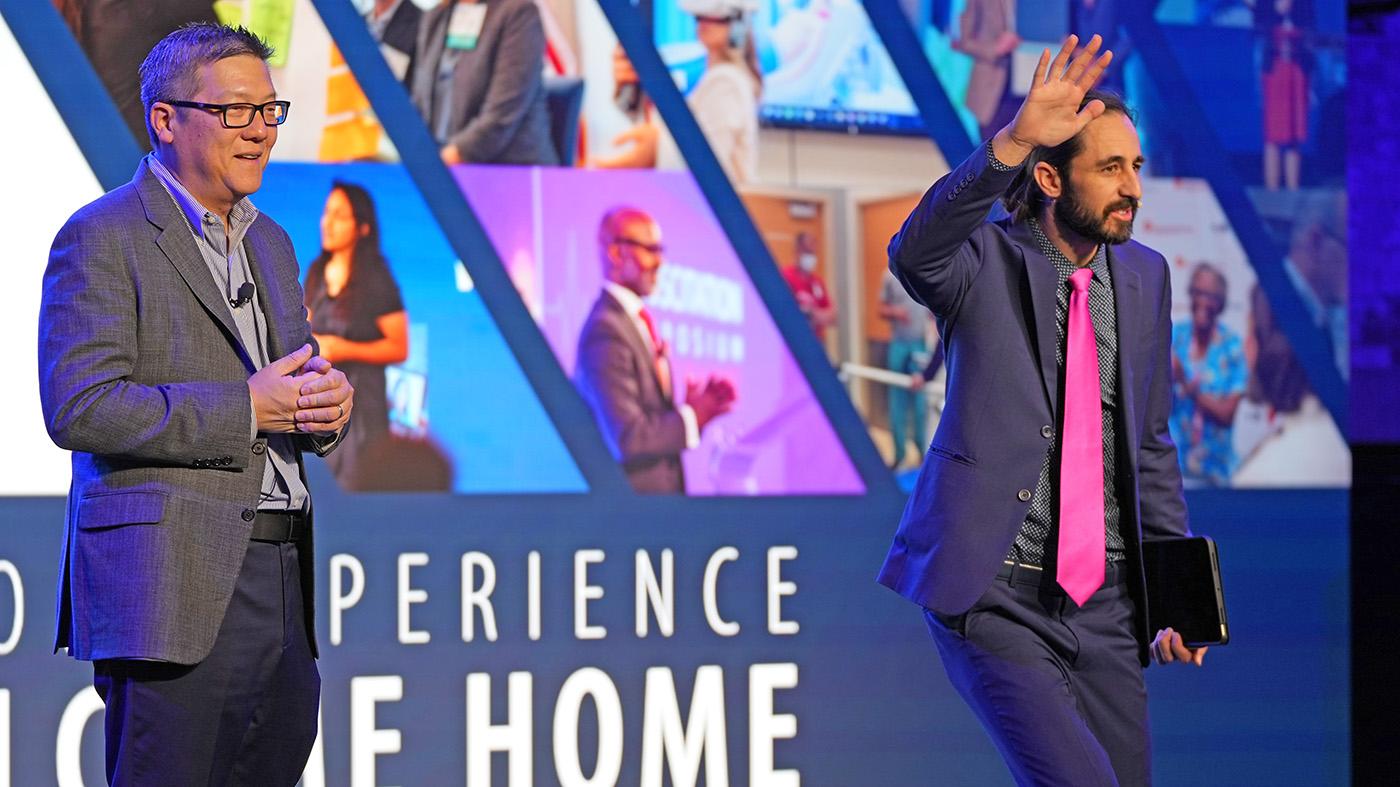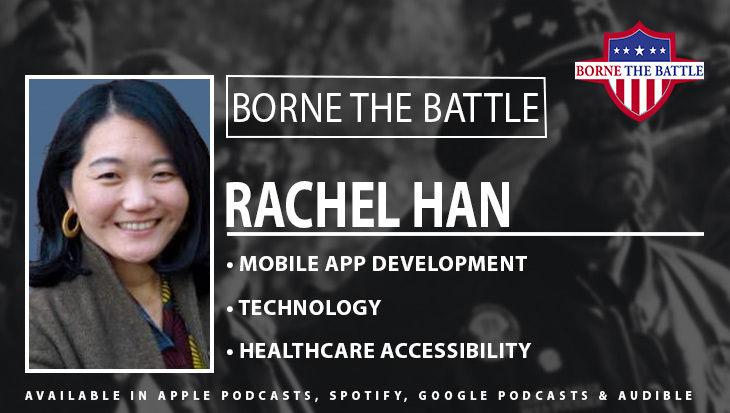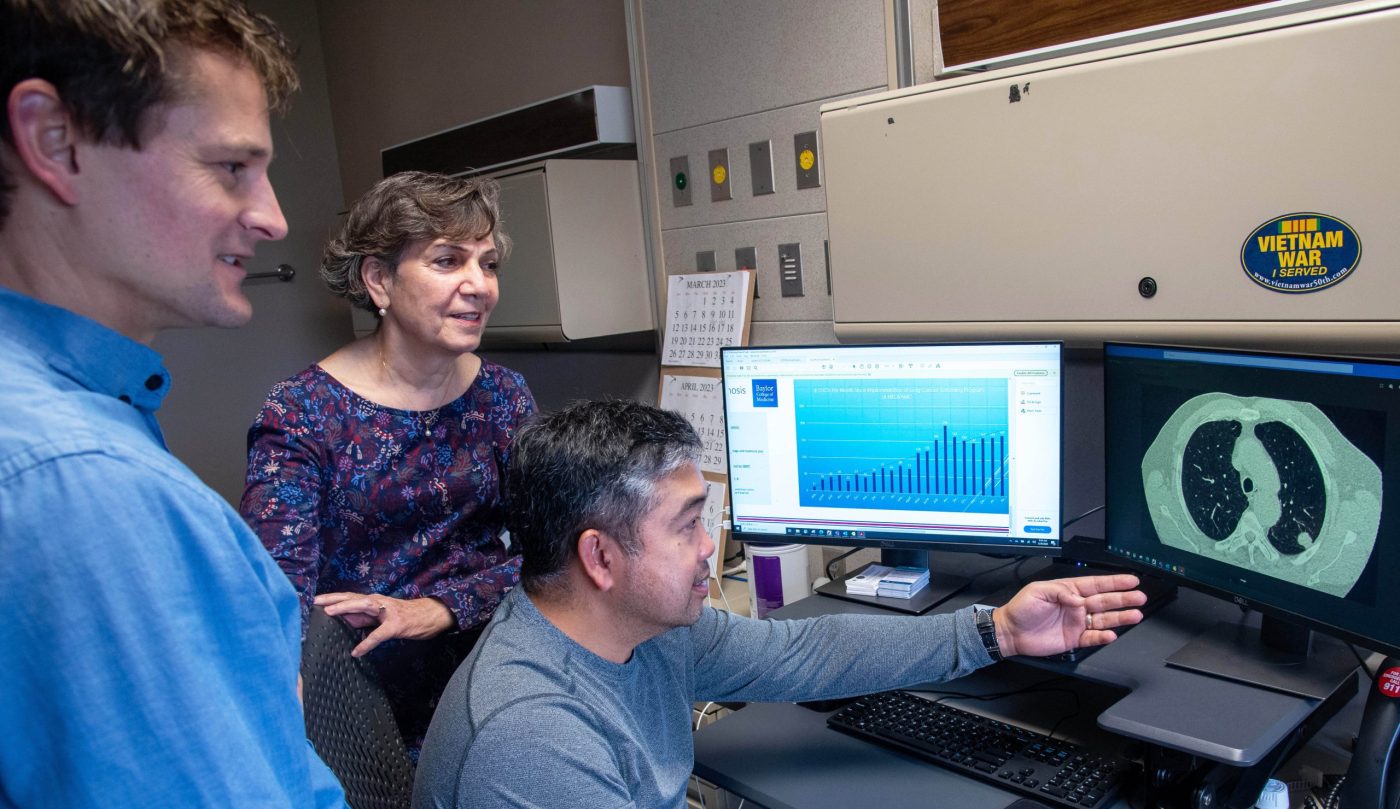VA is excited to announce the inaugural episode of the VA Innovation Ecosystem (VA:IE) podcast.
In this first episode, Andrea Ippolito, a founding member of the team that launched the highly successful VA Innovators Network, hosts a powerful episode about two of VA’s efforts to reduce and eliminate Veteran suicide – Secretary Shulkin’s top clinical priority. Combatting and challenging the Veteran suicide crisis with innovative and forward-thinking efforts is key. The podcast also features a discussion on the efforts that Facebook is taking to prevent suicide by using advanced artificial intelligence systems and enlisting support from family quickly.
The first VA effort highlighted in the episode, partnering with faith-based organizations, is a program that reaches out to faith-based organizations and provides training and tools to recognize Veterans in crisis in their own communities. This is especially important because VA needs to reach not just the Veterans who come directly to us for care, but those who are not enrolled in VA health care. The program’s creator, Dr. Joseph Hunter, discusses how this effort allows VA to contact Veterans who are not in our care, and get them the support they need.
The second program is VA’s groundbreaking work with REACH VET, an initiative that uses complex algorithms to identify Veterans at high risk of suicide so VA can deliver support and care before these Veterans are even in crisis. Dr. Jodie Trafton, director of the Program Evaluation and Resource Center in the Office of Mental Health and Suicide Prevention and Aaron Eagan, the national program manager for REACH VET, discuss how they developed this innovative intervention that could change how VA and the public sector approach suicide prevention.
Finally, the episode features an interview with Antigone Davis, the global head of safety at Facebook, who shares how the social media company’s 10 years of work in the area of suicide prevention, including work with Veterans themselves, has led to services and predictive analytic tools that help those in crisis get support before they even know they need it.
We hope you’ll join us this month, and into the future, as we uncover the many ways VA is innovating to provide better care to the Veterans we serve.
If you are a Veteran in crisis or know a Veteran who is, please call 1-800-273-8255 and Press 1, chat online, or send a text message to 838255 to receive confidential support 24 hours a day, 7 days a week, 365 days a year.
VA Innovation’s Ecosystem podcast is a new show dedicated to discussing and promoting the groundbreaking work being done across VA to advance care and support of Veterans. Each month we will bring you a new episode that focuses on a specific challenge that VA is facing, and how frontline employees and Veterans themselves are taking innovative steps to tackle them. We’ll also be discussing these efforts on a broader scale with private sector organizations and individuals who are working in the same sphere. We’re hoping to give everyone a better insight into the many ways that VA is adapting and growing to an ever-changing Veteran population.
Topics in this story
More Stories
The 2023 Innovation Experience showcases the best of VA innovation and the impact of VA employees advancing Veteran care.
On this week's episode of Borne the Battle, host Pablo Meza spoke with Rachel Han from VA's mobile app team, who shared how VA is using apps as a digital bridge connecting Veterans to VA's benefits and services.
Less than two years in, an innovative lung cancer screening [...]







How do I hear or read this podcast?
Peter, one was is to click the “play” button on the video on this page and it will play it for you.
We [the USA] could do a lot more for vets without spending any more money by simply enabling for vets that which exists for every other aspect of our society. Specifically … give veterans the same collateral results protection arising from their disability or trauma that other non-veteran citizens get in our legal system. Thus, when a veteran has a legal [civil and/or criminal] problem, we should factor into the decision the fact that this is a disabled [physical or PTSD] vet … that whatever that vet may have done or not done is, at least in some part due to his/her combat disability. This wouldn’t make vets a special class, but it would give them the same rights as all other [non-vet] citizens.